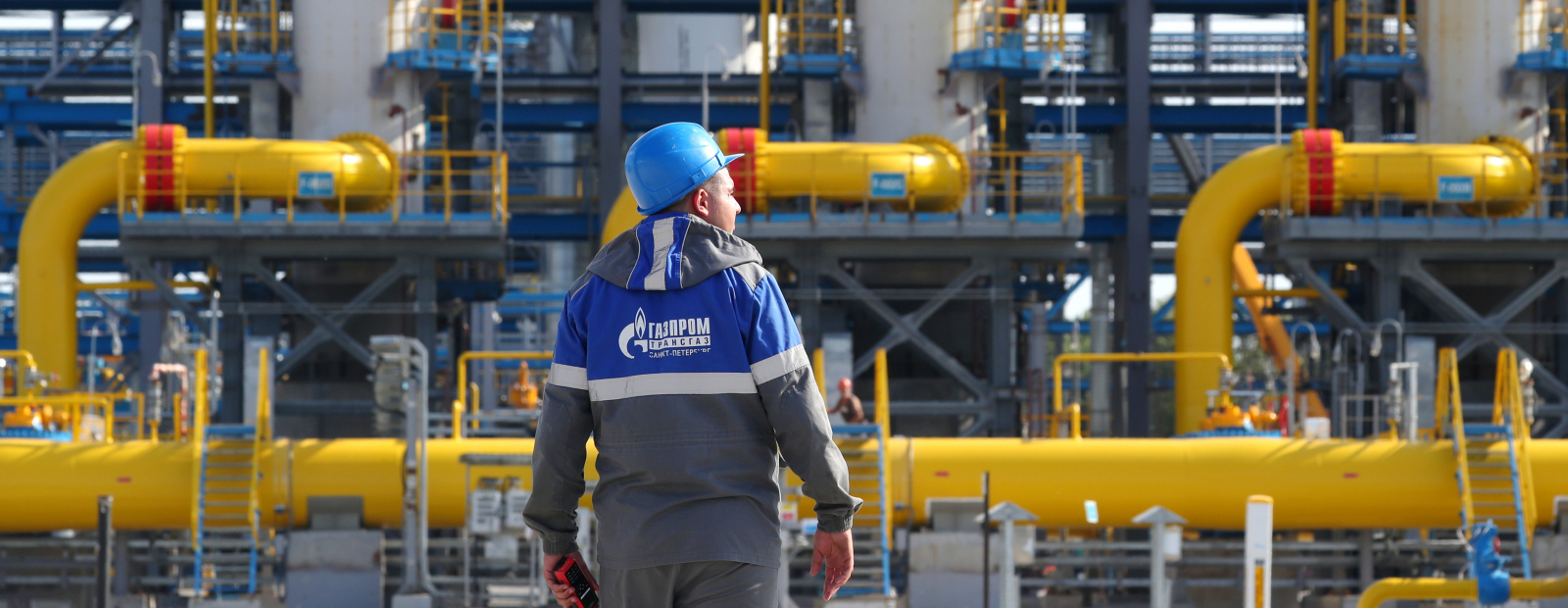Russia has completely relocated the Nord Stream 2 Baltic Sea pipeline to Germany – despite opposition from the USA. Ukraine now fears its role as a gas transit country. Does Moscow use the gas pipeline as a weapon?
According to the Russian gas company Gazprom, the controversial Baltic Sea pipeline Nord Stream 2 has been completed. On Friday morning at 8.45 a.m. Moscow time (7.45 a.m. CEST), the construction of Nord Stream 2 was completed, Gazprom boss Alexei Miller told the Tass state agency. The last pipe was laid on September 6th. After that, individual sections of the line would have to be connected to one another; this work has now been completed, it said.
For Nord Stream 2, this is a breakthrough with a delay of more than a year and a half. However, certification from the German authorities is still required to operate the line. It is expected that the Russian gas monopoly Gazprom will deliver the first natural gas through the new pipeline to Germany in October, initially using the line that was already laid in June.
Above all, the resistance of the USA, which threatened and also imposed sanctions on the management, delayed the construction, which was supposed to be finished at the end of 2019. Construction work for Nord Stream 2 began in 2018. In future, the pipeline is to deliver 55 billion cubic meters of gas per year from Russia through the Baltic Sea to Germany. According to the operating company, this can supply 26 million households.
More than ten billion euros in costs
The construction costs of the 1230-kilometer pipeline, which has two strands, are given as more than ten billion euros. The line was financed half by the Russian energy giant Gazprom and half by the five European companies OMV, Wintershall Dea, Engie, Uniper and Shell.
Gazprom plans to pump 5.6 billion cubic meters of gas through the pipeline this year, as the company recently announced. Nord Stream 2 runs from Vyborg in Russia through the Baltic Sea to Lubmin near Greifswald in Mecklenburg-Western Pomerania.
The project is controversial. The US government criticizes that Europe is making itself too dependent on Russia for its energy supply. A German-American agreement stipulates that Russia will be subject to sanctions if the pipeline is used as a geopolitical “weapon”.
Ukraine is dependent on the income
Russia had built Nord Stream 1 and now also Nord Stream 2 in order to become more independent from Ukraine, which has long been the most important transit country for natural gas supplies to Europe. The two countries are deeply divided. In addition, Moscow criticizes that Kiev is not doing anything to rehabilitate the ailing lines of the transit network in its own country.
The financially weak Ukraine, on the other hand, is urgently dependent on the billions in revenue from the transit fees for gas transit. She fears losses and hopes for Germany’s support so that she can continue to play a role as a transit country in the future. The current contract for the transmission of Russian gas to Europe expires in 2024. Ukraine wants to extend it with German mediation.
However, Russian President Vladimir Putin had repeatedly said that future gas transit via Ukraine would depend on demand on the European energy market. He also stressed that Russia is not responsible for the Ukrainian state budget.
– .


